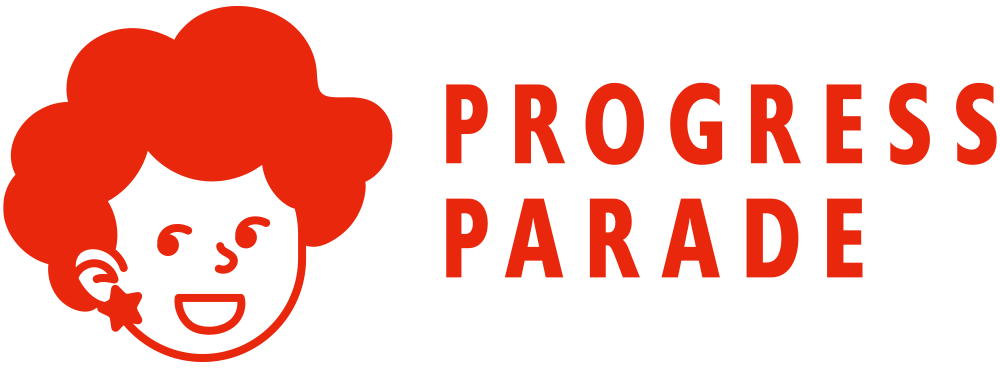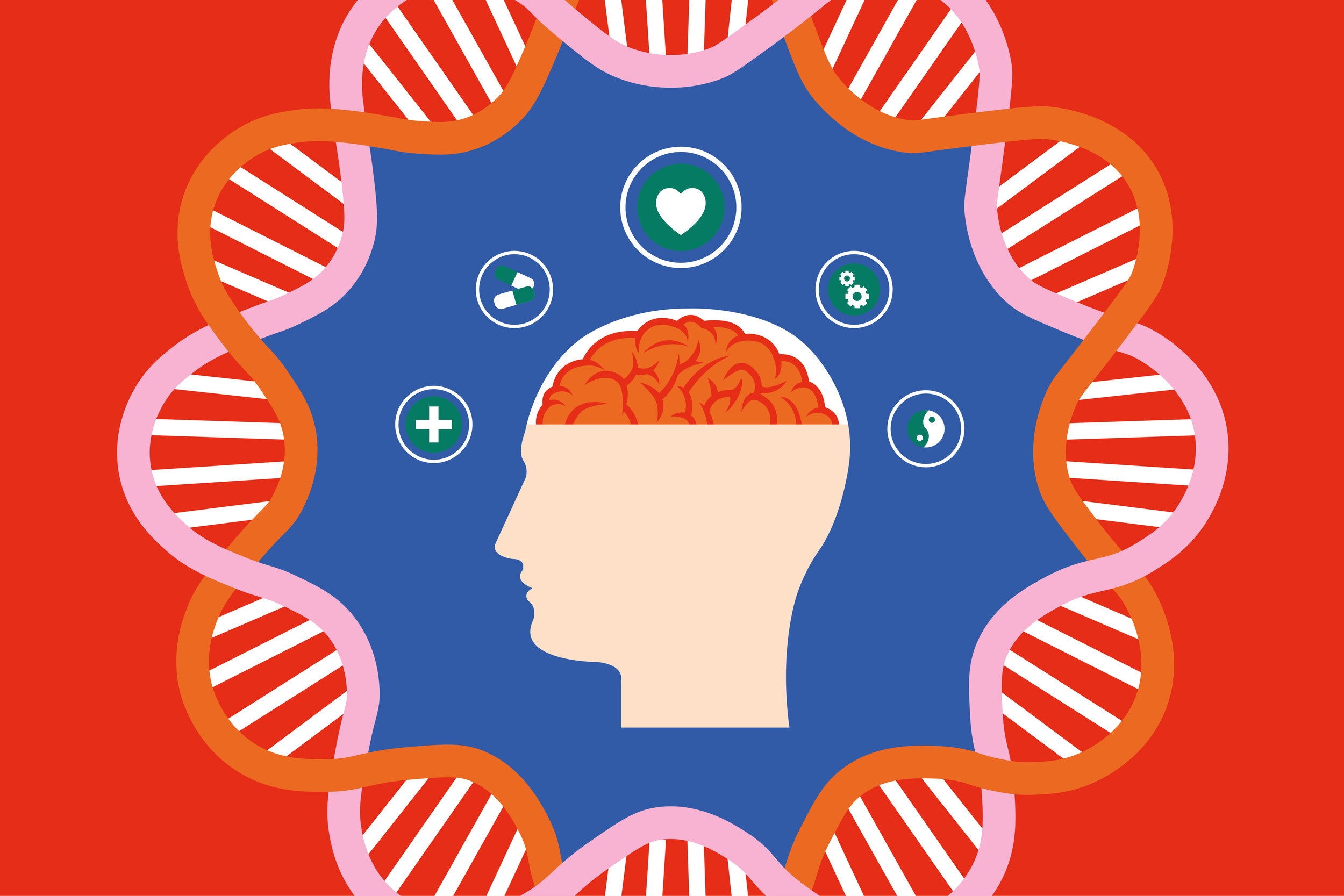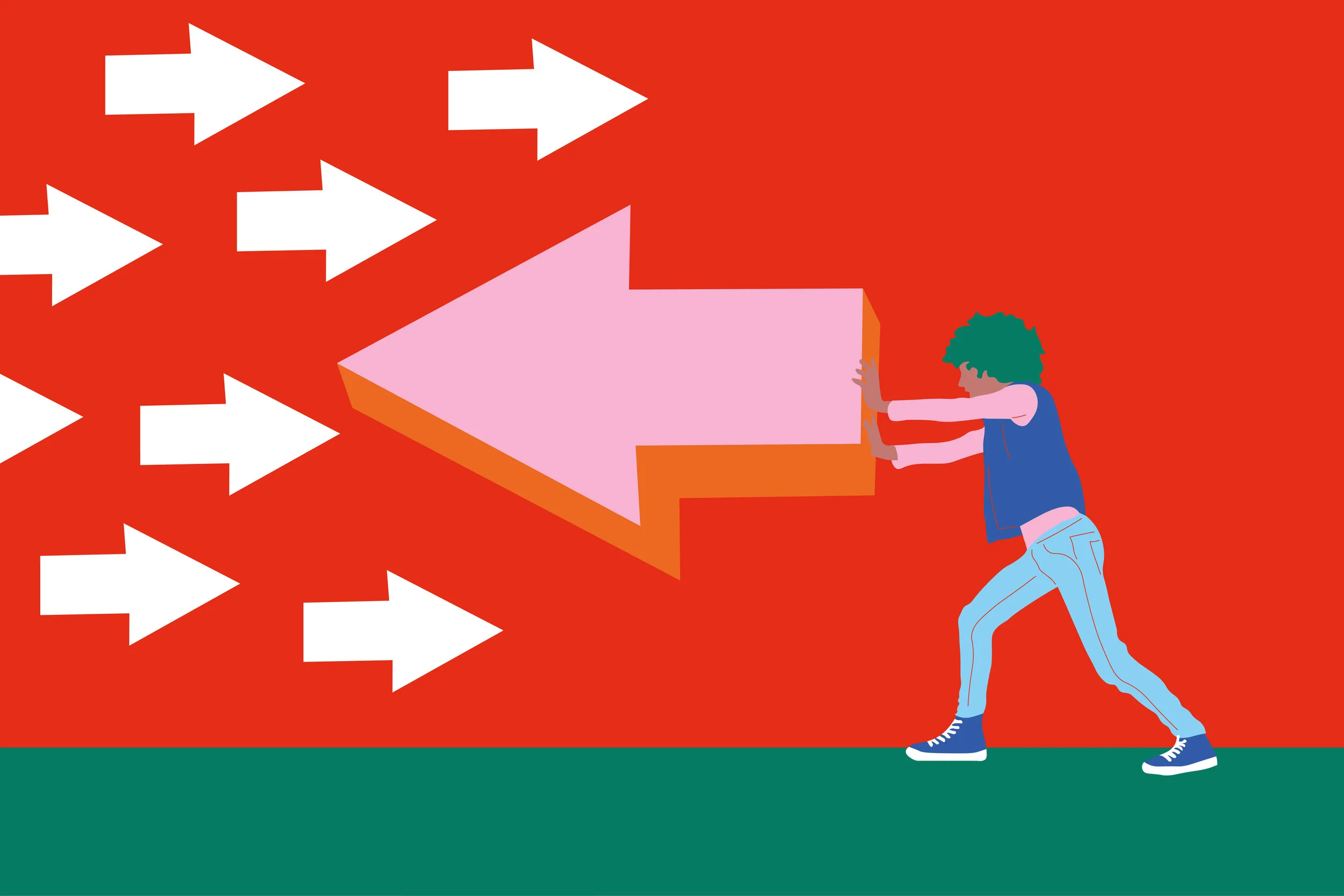Students with disabilities and post-secondary schooling
Can students with disabilities go to college?
Yes! Having a disability does not prevent someone from attending college. It’s important to understand the difference in levels of support and accommodations when moving from high school to post-secondary education and to prepare in advance for the transition!
There are no IEPs or 504 plans in college. Colleges and universities operate under the American with Disabilities Act (ADA), which ensures equal access for people with disabilities and protects them against discrimination. This means that though colleges are not required to provide specialized instruction, they do have to follow civil rights laws if they receive federal funding.
Can I attend the same college or university as my peers?
Yes! If you are accepted through the application process, it’s up to you to decide if the school is the right fit for you.
What if I’m interested in a program that specializes in supporting students with my specific disability?
Below is a list of some specialized schools and programs, but there are many other programs or supports in colleges that may be a better fit for you. Please keep in mind that this is not an exhaustive list of available programs, and programs may specialize in multiple areas of disability.
Mobility
Deaf & Hard of Hearing
Blind & Visually Impaired
Learning Disabilities
Autism
Intellectual Disabilities
ADHD & Executive Functioning
I was accepted into the college of my dreams and know I will attend. What do I do now?
If you’re interested in receiving support at the college level, you will have to inform the school you have a disability. It is voluntary and a personal choice to share this information; nothing on your high school transcript identifies you as a student who had an IEP or 504. Additionally, not everyone who had support in high school needs or wants to inform their college; if you’d like to try without support first, that’s okay too!
Schools identify their offices for students with disabilities under different names. “Center for Students with Disabilities,” “Students with Disabilities Resources,” etc are just a couple – the office might also be under a name that says “access,” “equity,” or “accommodations.” Searching the university website should point you in the right direction.
You will want to register with the disability office after your acceptance and you have enrolled but before you start classes.
“If you’re interested in receiving support at the college level, you will have to inform the school you have a disability.”
Do colleges automatically recognize me if I register as a student with a disability?
Colleges follow the definition of a disability under ADA: a person has a physical or mental impairment that substantially limits one or more major life activities; or has a record of such an impairment; or is regarded as having such an impairment.
You will have to provide the disability office with evidence, so it’s best if you start this process before you’re already on campus for the year. Each school is different in what they require for proof: it could be a recent high school evaluation, likely within the last 3 years or less. Unlike secondary schools, colleges will not pay for evaluations to be completed.
Now that I’m registered, what accommodations are available to me?
You won’t have a case manager like you did in high school, but you will likely have a dedicated contact person in the disability office. This person helps to determine “reasonable” accommodations and will write a letter confirming that you are eligible for them. It will most likely be your responsibility to initiate the communication with your professors so that you can receive the accommodations in the classroom. Your school’s disability office will help you understand this process.
Typical accommodations in college include accessible testing locations (including extended time on exams), note-taking services, priority class registration, permission to make audio recordings of classes, sound amplification aids, speech to text software, and sign language interpretation. Accommodations can range widely across programs, so it’s important to ask questions and browse the office of your school’s website as soon as possible.
What are some difficulties students with disabilities have faced at college?
Unfortunately, there are some challenges students face when transitioning to college from high school. Professors are different from the special education teachers from high school and grammar schools. College professors are experts in their fields but have not necessarily been trained in instructional ideology. They likely will not have much experience teaching students with disabilities.
You’ll have to be a strong self-advocate at college and plan ahead for your accommodations. As an adult, you’ll be responsible for accessing your accommodations and seeking assistance if you’re running into problems. You’ll be your own case manager, essentially!
While ADA protects students in the classroom and the physical environment of the campus, students with disabilities may run into difficulties with exclusion from student-run groups.
“You’ll have to be a strong self-advocate at college and plan ahead for your accommodations.
What can I do to prepare?
It’s important to build your self-advocacy and executive functioning skills before you leave for college. You’ll need to know how to communicate in a professional and effective manner with adults in different positions of authority. You’ll need to reach out with enough time to get a response. For example, you can’t email the professor the night before an exam and ask for extra time; you will need to do this with enough time for arrangements to be made like where and when the exam will be taken.
Find out if there is a college student-run disability awareness group. You may have NCCSD or DREAM on your campus.
Start your search early: visit campuses to see physical accommodations, visit the disability services office, check the school’s disability services page for more details on applications and how they operate. Do they offer contact opportunities with current students who use their programming? If they do, get in touch! Students can tell you what it’s really like to attend the school.
Be aware that once you turn 18, your parents or guardians are not legally entitled to be part of the process with the college. Unless you sign permission for them to communicate with the school, professors and your contacts in the office will not be allowed to communicate with them.
Transition services are part of the IEP process starting at age 14 ½. Be an active participant: your team should be writing goals and reporting on their progress toward post-high school planning. These goals can and should include helping you prepare for college, including researching programs, completing applications, specific executive functioning goals related to communication and independent functioning.
Know your federal, state, and local rights.
There are scholarships available, directly geared toward students with disabilities. Take the time to research and apply – any amount of money that takes the burden off loans is helpful!
Need more help preparing for college?
We here at Progress Parade have helped many students with diverse learning needs prepare to attend college through helping them to complete the above steps and through building executive functioning skills ahead of the transition.
We’ve even helped students who’ve had rough starts to their college experience turn things around through teaching new executive functioning skills, supporting their access to the services they need, and helping them advocate for their needs at the college level. If the college transition turns out to be tougher than you expected, don’t hesitate to reach out to us here at Progress Parade. We’re all about turning learning challenges into life-changing achievements and our expert tutors for learning disabilities are always keen to help.
Practical advice for students with disabilties (ADHD, learning disabilities, physical disabilties) who are considering their plans after high school.
































